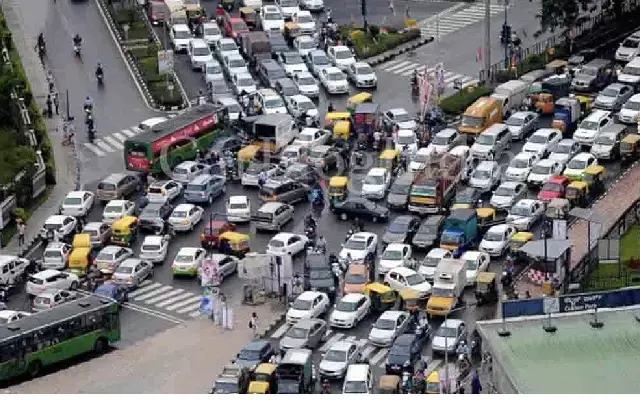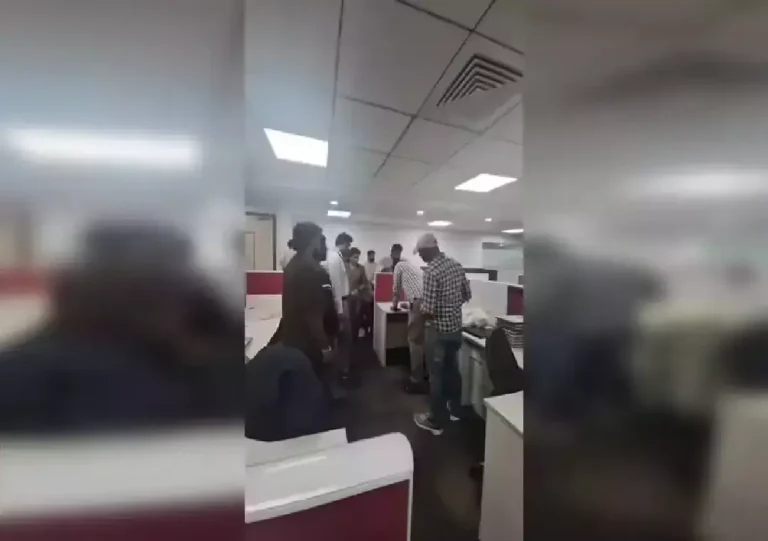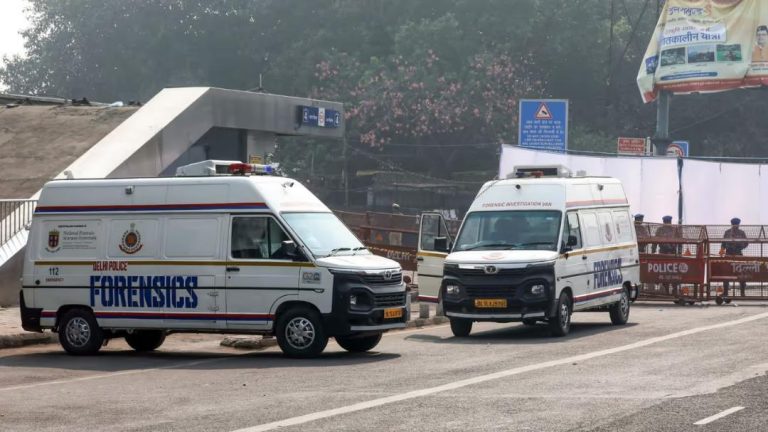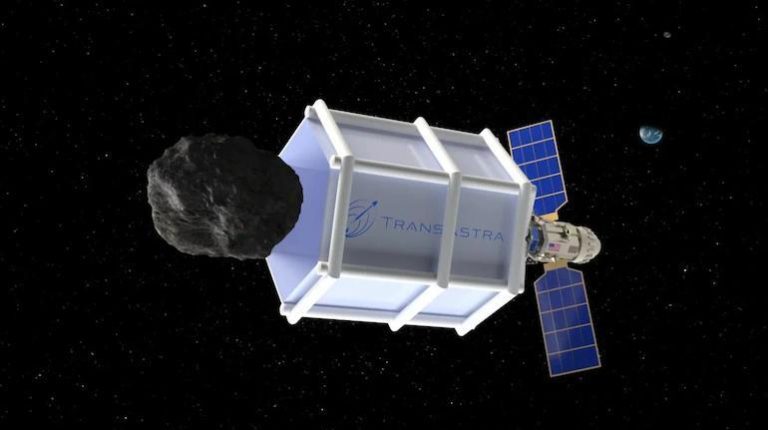
Bengaluru traffic meltdown fuels the case for a permanent work from-home
Bengaluru, the Silicon Valley of India, is known for its vibrant tech industry, startups, and entrepreneurial spirit. However, the city’s reputation is also marred by its notorious traffic congestion, which has become a daily grind for its residents. A recent post on platform X by entrepreneur Dilip Kumar has gone viral, highlighting the absurdity of the situation and sparking a wave of relatable reactions from professionals.
Dilip’s humorous post, which has rapidly gained traction online, quipped, “Why don’t we just pretend there’s a pandemic called road traffic?” The joke may seem trivial, but it struck a chord with many who have experienced the frustration of navigating Bengaluru’s congested roads.
As News Karnataka reported, the city’s traffic woes have become a persistent issue, with commuters wasting hours stuck in traffic every day. (https://newskarnataka.com/s/lkzopo)
The impact of traffic congestion on work-life balance cannot be overstated. Long commute times lead to stress, fatigue, and decreased productivity. For professionals who rely on public transportation or drive themselves to work, the daily grind can be overwhelming.
Dilip’s post has sparked a renewed debate about the need for flexible work arrangements, particularly in the wake of the pandemic. As the world shifts towards remote work, Bengaluru’s traffic woes serve as a reminder that the city’s traditional 9-to-5 setup may not be sustainable.
The city’s IT industry, which is the backbone of Bengaluru’s economy, is particularly affected by the traffic congestion. With many companies located in the city’s central business districts, employees often face grueling commutes to and from work.
A study by the Indian Institute of Science found that the average commute time in Bengaluru is around 2 hours, which is significantly higher than the national average. This prolonged exposure to traffic can have serious health implications, including increased stress levels, blood pressure, and anxiety.
The Bengaluru traffic meltdown has also highlighted the need for alternative transportation solutions. While the city has seen an increase in the number of buses and Metro lines, the demand for reliable and efficient transportation services far exceeds the supply.
In the absence of a comprehensive public transportation system, many employees are forced to rely on private vehicles or ride-hailing services, which only exacerbate the traffic congestion.
The answer, therefore, lies in embracing flexible work arrangements, such as remote work or flexible hours. By allowing employees to work from home or adjust their schedules, companies can reduce the burden on the city’s transportation infrastructure and improve employee well-being.
Additionally, employers can explore alternative transportation solutions, such as carpooling, bike-sharing, or shuttle services, to reduce the reliance on private vehicles.
Dilip’s humorous post has sparked a much-needed conversation about the need for change in Bengaluru’s transportation landscape. As the city’s tech industry continues to grow, it is essential that policymakers and employers prioritize the well-being of employees and the environment.
In conclusion, the Bengaluru traffic meltdown serves as a stark reminder of the need for flexible work arrangements and alternative transportation solutions. By embracing remote work and innovative transportation options, the city can reduce its reliance on congested roads and create a better quality of life for its residents.





